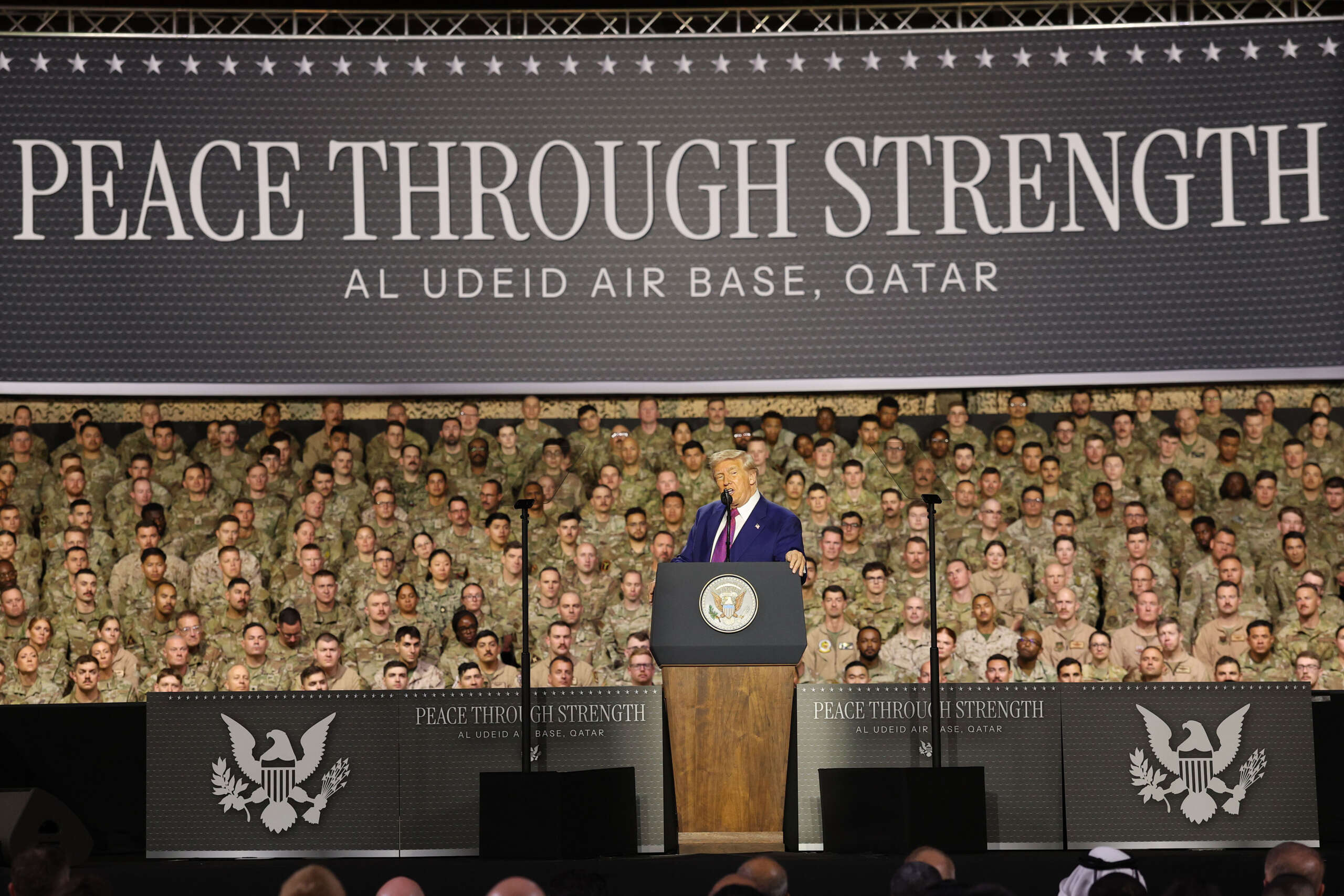WASHINGTON, D.C. – In a dramatic escalation of tensions, the United States launched strikes on three Iranian nuclear facilities, marking a significant shift in U.S. foreign policy under President Donald Trump.
Breaking: U.S. Launches Strikes on Iran
The announcement of the strikes on June 21 was made by President Trump on Truth Social, followed by a supportive address from Israeli Prime Minister Benjamin Netanyahu. Netanyahu’s comments emphasized a strategy of “peace through strength,” highlighting the aggressive posture taken by both nations.
Immediate Impact
The strikes have sparked fears of radiation spread in areas surrounding the bombarded facilities at Fordow, Natanz, and Isfahan. Human rights groups report significant casualties, with at least 865 Iranians killed amid ongoing Israeli strikes across the country.
865 Iranians reported killed as a result of recent military actions.
Key Details Emerge
Critics argue that the strikes are less about nuclear threats and more about U.S. and Israeli dominance in the region. Both countries have long accused Iran of pursuing nuclear weapons, a claim that remains unsubstantiated according to recent U.S. intelligence assessments.
By the Numbers
5,000 U.S. nuclear warheads in contrast to Iran’s non-nuclear status.
Israel, with an estimated 90 nuclear weapons, has never signed the Treaty on the Non-Proliferation of Nuclear Weapons, raising questions about the legitimacy of its actions against Iran, a signatory of the treaty.
Background Context
The U.S. and Israel’s aggressive stance towards Iran dates back decades, involving economic sanctions, electronic warfare, and targeted assassinations. The recent attacks are seen as a continuation of these efforts to exert control over the region.
Timeline of Events
- 1979: U.S. foreign policy begins targeting Iran post-revolution.
- 1980s: U.S. supports Iraq in the Iran-Iraq War.
- 2003: Iran ends its nuclear weapons program.
- 2023: U.S. and Israel intensify military actions against Iran.
Expert Analysis
Experts warn that the U.S.’s approach could destabilize the region further. The parallels drawn to the 2003 Iraq invasion highlight concerns over the potential for a prolonged conflict.
Regional Implications
European leaders have cautiously responded, with some expressing support for Israel’s actions. However, the broader international community remains divided on the legitimacy and potential fallout of these military strikes.
What Comes Next
As tensions escalate, the international community is urged to hold the U.S. and Israel accountable for their actions. Calls for an antiwar movement in the U.S. are growing, emphasizing the need for arms embargoes and economic sanctions against those perpetuating violence.
The situation remains fluid, with significant implications for global security and the balance of power in the Middle East. Observers are closely monitoring developments as the potential for further conflict looms.
